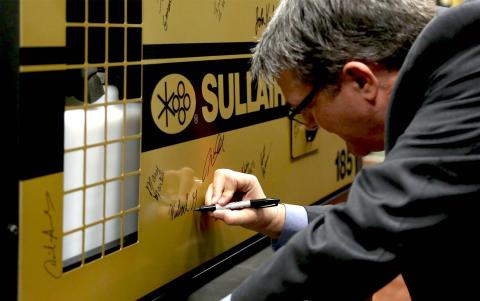MICHIGAN CITY, Ind. (FEBRUARY 27, 2023) – Sullair today announced its one-of-a-kind, Heart-of-Gold 185 Series Tier 4 Final portable air compressor raised $18,000 in the ARA Foundation Charity Auction.
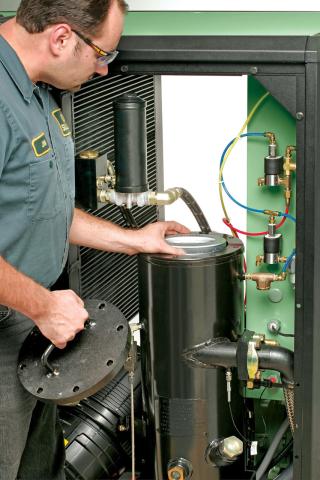
Carbon neutral status has become the mantra in many businesses’ sustainability team.

MICHIGAN CITY, INDIANA (FEBRUARY 21, 2023) – Sullair, an industry leader in innovative compressed air solutions since 1965, has acquired compressed air distributors California Compression and CDA Systems.
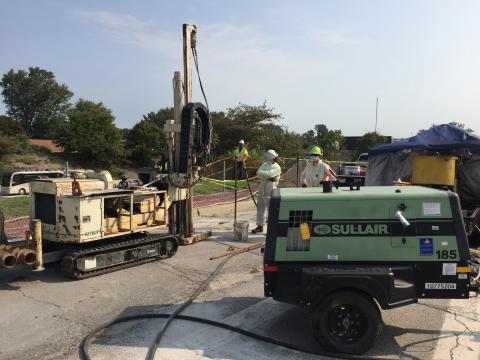
Much is changing and evolving in the compressed air market. Contractors and rental companies have emerged from the COVID-19 pandemic to a changed business environment.
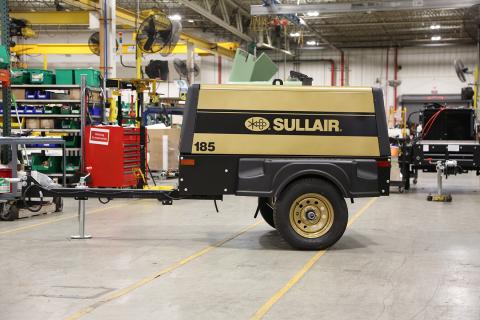
MICHIGAN CITY, INDIANA (JANUARY 24, 2023) – Sullair, an industry leader in innovative compressed air solutions since 1965, announced it will donate a gold-colored 185 Series Tier 4 Final Portable Air Compressor to the ARA Foundation Charity Auctio
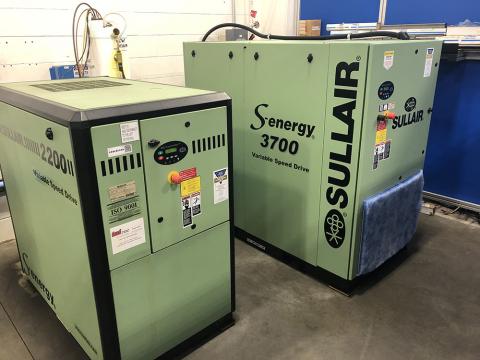
Compressors are frequently the biggest users of electricity making efficiency essential. This in Plant Engineering article explores ways to balance compressed air demand and supply to maximize efficiency.
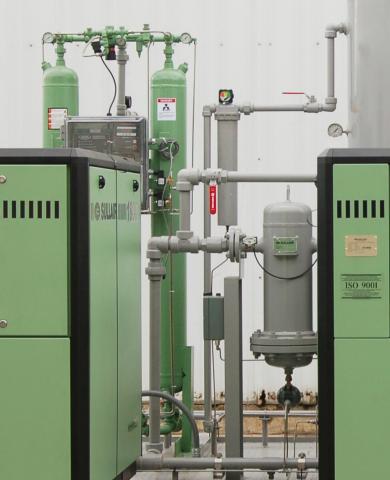
Managing a compressed air system is just one of many responsibilities for most industrial facility maintenance teams.







